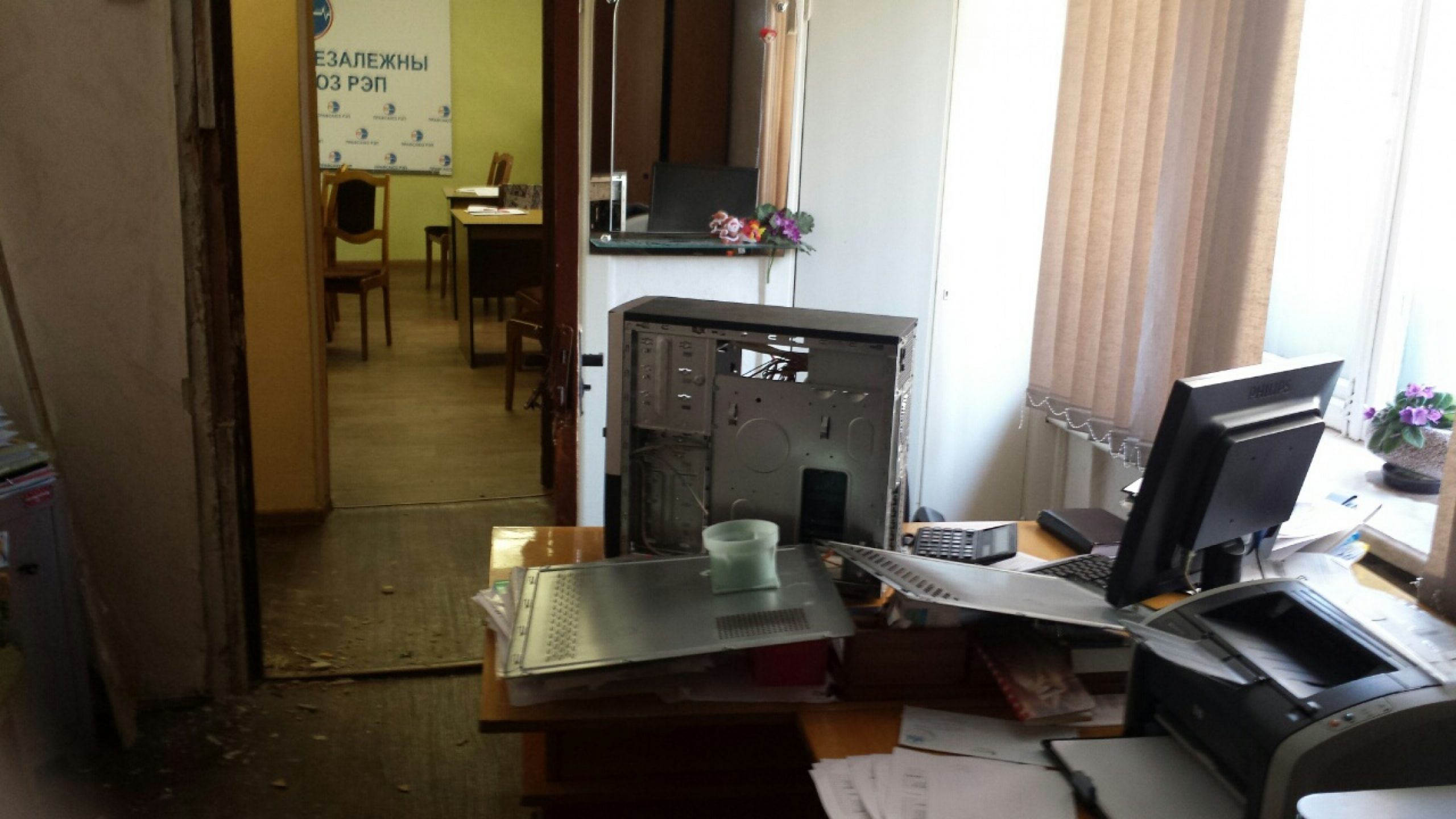Belarusian authorities put financial pressure on political opponents amid growing budget deficit
 The situation has not changed
The situation has not changed

Last week, the Belarusian authorities launched a criminal investigation against the leaders of the independent trade union REP allegedly in order to prevent social revolt, which could become a threat amid the plans to introduce paid healthcare, communal services, education and so on. The fact that the authorities have resumed their old-style management approach does not imply that they would abandon relatively new and inclusive approaches.
The Belarusian authorities have stepped up financial pressure on the democratic camp. Last week, they hit on the independent trade union REP, who were among the organizers of protests against Decree No. 3 in February-March 2017. Based on charges brought against the leaders of the trade union, the State Control Committee must have used the information provided by the Lithuanian banks back in 2011, when Ales Belyatsky, the head of the human rights organization Viasna, was arrested on tax evasion charges. The authorities argue that the charges of tax evasion against the trade union leaders are not politically motivated, however, the Belarusian legislative framework for civil society and the opposition outlaws almost any public and, especially, political activity, enabling arbitrary prosecution at any moment. Unlike in 2011, the authorities are unlikely to imprison trade union leaders (and freeze the ongoing dialogue with the EU), their likely aim is to divorce trade unions from street protests and Nikolai Statkevich.
With the crack-down on independent trade unions and independent media the authorities aim to facilitate the shaping of public opinion in the view of plans to introduce fees for public social services, such as health care, education, municipal services, etc. Currently, the draft amendments to Decree No 3 propose to introduce fees on public social services for non-payers of taxes, which would be in line with the persisting trend to reduce state social guarantees. The authorities have prioritised the support for large labour groups which could be easily mobilised either for protests or loyalty demonstrations. Accordingly, the state could spend the dwindling state resources to support enterprises and organizations with numerous staff (even if they are unable to absorb the funds), and cut all other government spending.
The resumption of repressions against political opponents correlates with the authorities’ desire to retain the main pillars of the socio-economic model and resume soviet-style state administration forms, such as conference calls, when the president tells off not only ministers but also heads of the parliament chambers. That said, the authorities are unlikely to resume the micro management style like in 2012 so as they have neither will nor money for that.
Subscribe to our newsletter




Situation in Belarus
Constitutional referendum: main consequences


 Video
Video
How to count the political prisoners: are the new criteria needed?


 Video
Video
Paternalism In Decline, Belarusian Euroscepticism, And The Influence Of Russia


 Video
Video












